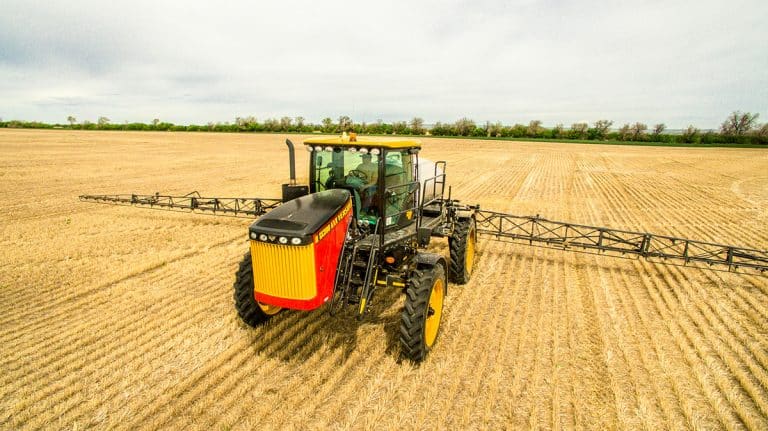Work to move to company’s Minnesota plant
Farm equipment maker Buhler Industries plans to gather its U.S. manufacturing work into one plant in Minnesota this summer and halt operations at nearby Fargo, N.D.
The Winnipeg company, whose product lines include Versatile tractors and sprayers and Farm King application, tillage and hay equipment, said Monday it’s “optimizing” its U.S. production to boost efficiency and cut overhead costs at its factory at Willmar, Minn., about 140 km west of Minneapolis.
To do so, the company said the manufacturing now done at Fargo will be relocated to Willmar over the summer, and it will “cease” production at Fargo effective Sept. 30.
Buhler, which also has Canadian plants at Winnipeg and Morden, Man. and Vegreville, Alta., has operated at Willmar since 2011, when it bought an existing 135,000-square foot facility and set up production lines there for its Versatile self-propelled sprayers and Farm King application equipment.
The Fargo plant and warehouse, which today employ about 35 people working on various Farm King product lines, have been owned by Buhler since 2002.
That’s when Alloway Industries, a joint venture between Deere and Co. and Woods Equipment Co., dissolved and the partners sold off their manufacturing site and its equipment.
Consolidating operations at Willmar is expected to “reduce excess manufacturing capacity and will enable the company to remain competitive without compromising quality,” Buhler said in a release.
The company said its decision stems from “unpredictability” in ag commodity markets and flux in the Canada-U.S. exchange rate, as Buhler’s dealers in Canada market several of its “U.S.-based” Farm King-branded products.
Buhler in February booked a net loss of $5.45 million on $49.24 million in revenue for its first quarter ending Dec. 31, down from a $4.44 million loss on $57.33 million in revenue in the year-earlier period.
The company at the time cited “trade uncertainties, bad harvest conditions and poor crop yields” as well as low commodity prices for the drop in revenues. Q1 sales were “below historical levels” in Canada and Eastern Europe, while U.S. sales had “return(ed) to historical levels” for the period.
Glacier FarmMedia Network by Dave Bedard

